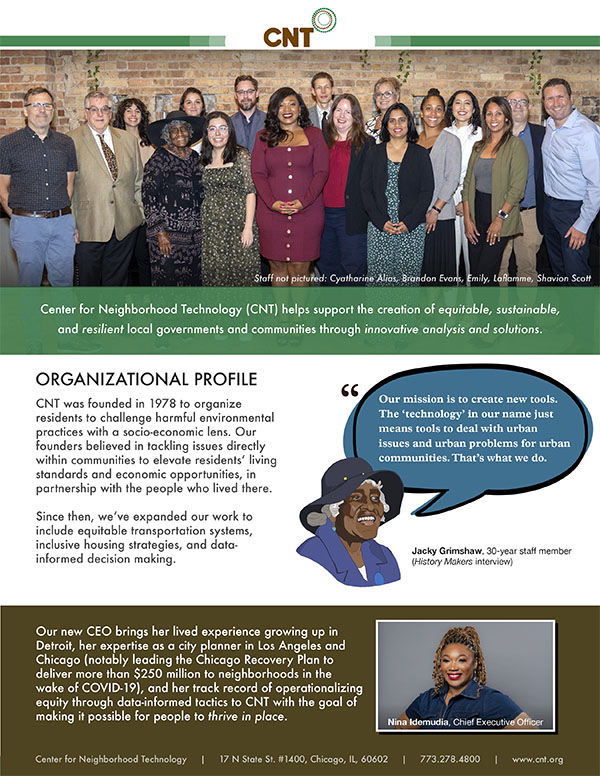WASHINGTON – Today, U.S. Representative Mike Quigley (IL-05) and U.S. Senator Dick Durbin (D-IL) introduced the bicameral Urban Flooding Awareness Act to address increased flooding in urban communities and to find solutions for the urban communities impacted.
“Flooding is not just a coastal issue. In recent years, cities, like Chicago, have experienced unprecedented flooding events. While emergency programs provide relief for families and businesses in traditional flood areas, those same solutions aren’t available to residents and business owners in urban spaces. Floods have forced Chicago businesses to close, cost families their homes, and led to devastating damage throughout our community,” said Rep. Quigley. “Deny it or not, climate change is here and Chicagoans are experiencing it in the form of extreme flooding. Senator Durbin and I are calling on FEMA and other agencies to address urban flooding and to bring much needed relief to cities like Chicago.”
"Two years ago, major flooding forced widespread evacuations in Cook County and caused millions of dollars in damages throughout Northeastern Illinois," said Senator Durbin. "Just last week, heavy flooding took the lives of at least twenty-seven people in Houston, Texas. Although urban flooding events are growing in frequency and severity, we still don't have the data we need to prepare for the kind of weather that can put our streets, businesses, and homes underwater."
Rep. Quigley and Sen. Durbin’s bill creates, for the first time, a federal definition of urban flooding and requires the Federal Emergency Management Agency (FEMA), in coordination with related Federal agencies, to conduct a nationwide study of urban flooding and flood damage. The goal is to analyze existing storm water management programs and craft policies and strategies to encourage the design and use of the best possible flood prevention practices, with a focus on rapid, low-cost approaches. This study would be the first of its kind to comprehensively analyze both individual and societal costs associated with urban flooding across the country.
“The way we have built cities makes them vulnerable to flooding because we’ve paved over absorbent dirt and plants,” said Kathy Tholin, CEO of the Center for Neighborhood Technology (CNT), a Chicago-based sustainability nonprofit that led efforts to pass similar legislation in Illinois. “Our research has shown that flooding isn’t limited to floodplains. Consequences can be severe in sprawling, paved cities, just as we have seen recently in Houston. There are cost-effective strategies and practices, known as green infrastructure, which, along with our existing storm water sewer systems, can help alleviate this problem if our federal and state programs incorporate them.”
Most coastal and riverine communities are clearly defined and included in flood maps. However, many urban communities experience severe, repeated and increasing damage from flooding unrelated to any surface body of water. Current federal flood management programs do not directly address this type of flooding and its consequences. Just a few inches of water can cause thousands of dollars in damage for both home and small business owners. Around 20-25 percent of all economic losses resulting from flooding occur in areas not designated as being in a “floodplain,” but as a consequence of urban drainage,” according to FEMA. Wet basements from flooding events are cited among the top reasons for not purchasing a home and industry experts estimate flooding can lower property values by 10-25 percent. Further, nearly 40 percent of small businesses do not reopen following a disaster according to FEMA.
The Urban Flooding Awareness Act has been endorsed by the National Association of Realtors and the Association of State Floodplain Managers.
With portions of Illinois’ 5th Congressional District devastated by flooding three times in the past seven years, Rep. Quigley has been an outspoken advocate for the completion of flood control measures such as the McCook and Thornton Reservoirs. He has also actively called for revising the process of awarding federal aid to disaster-afflicted communities. In 2013, Rep. Quigley and Sen. Durbin secured $29 million in federal grants to help the Chicagoland area and the state of Illinois recover from spring flooding.
Rep. Quigley spoke about the effects of urban flooding earlier today on the House floor. A video and transcript of his speech are available here.
Sen. Durbin has authored legislation to reform FEMA’s disaster declaration process and bring fairness to communities in larger states like Illinois. Sen. Durbin first introduced the Fairness in Federal Disaster Declarations Act in 2012 after FEMA denied federal assistance to Harrisburg and Ridgway following a devastating outbreak of storms and tornadoes.
Note: This was originally posted on Representative Quigley's website.





 Strengthening Transit Through Community Partnerships
Strengthening Transit Through Community Partnerships



 RSS Feed
RSS Feed